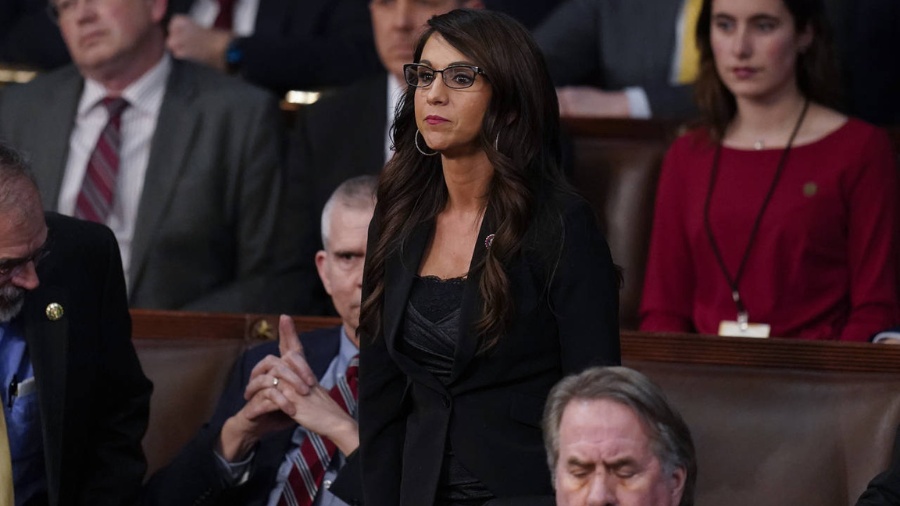Loophole in recording law leads to ‘karmic justice’
Oct 29, 2016, 8:11 AM | Updated: 8:11 am

(MyNorthwest)
(MyNorthwest)
Washington state has some of the strictest laws in the nation when it comes to recording other people’s conversations and that law may end up undoing an attempted murder conviction in Vancouver, Wash.
The Washington Court of Appeals overturned the attempted murder conviction of John Garrett Smith, a well-to-do entrepreneur in Vancouver who attacked his wife during a drunken argument in 2013 and has been serving a 12-year sentence. There was no question that it was assault but the court ruled that a cellphone recording of him threatening to kill wife shouldn’t have been used at trial.
Lesser-known income-tax measure in Olympia could set precedent
Former Washington Attorney General Rob McKenna explained to Seattle’s Morning News that the man attempted to locate his own cellphone by calling it from a landline. He never did find the cell but did activate the voicemail, which caught the conversation in the background and included his threat of murder. The defense argued that this violates the right to privacy because, in Washington, all parties involved have to agree to be recorded. Therefore, according to the court, the recording should’ve never been admitted as evidence because it contained a private conservation that was recorded without the couple’s consent.
McKenna says the state’s electronic surveillance statute only applies when private conversations are electronically recorded by a third party. Here’s how McKenna explained it:
Here, although the words ‘third party’ don’t appear in the statute, that is what’s applied by the statute according to the trial court,” he said. “And that makes sense from the standpoint of the statue’s history because it was pushed through the Legislature by the legislative leadership in the early 1970s who were being investigated by the FBI and were ultimately convicted and incarcerated in what was called Gamscam. So these guys who suspected they were under surveillance themselves pushed through this law to keep the FBI or the state from wire-tapping them or from secretly recording conversations with them. But now the court of appeals is saying, ‘Oh, well, you don’t need a third party if one of the two parties in the conversation records it and the other party hasn’t consented, then it violates a statute. Of course, you wonder why the consent of the woman who was being beaten up would be needed here. She would probably be happy.
KIRO Radio’s Dave Ross agreed with that last sentiment.
“I think most people seeing this and would say, ‘This is karmic justice here,’” he said. “The guy dials the number to call his own cellphone and ends up convicting himself. He basically recorded himself and yet it was still thrown out because the victim didn’t consent to the recording and her voice appears on the recording.”
“Yeah, it really seems to defy common sense,” McKenna said.
How the law applies to the public
KIRO Radio’s Dave Ross noted that Washington’s law was passed well before the proliferation of cellphones and asked about how the courts look at the many recordings on the Internet that have been recorded without proper consent. Is that legal?
“It is not under Washington state law if you are recorded by some means, any means that’s electronic, and you didn’t consent to it, it would be unlawful,” McKenna said. “Whether there would be a prosecution or not is another story.”
What about all the people video recording their interactions with police?
“It’s public. It’s not a private conversation,” he said. “Context matters a lot here and one of the issues, in this case, was whether or not this was really a private conversation when two people are fighting, one of them is being beaten up. Is that really the kind of private conversation this was intended to cover?”
McKenna noted that the law also prevents the classic scenario where an informant can walk into a meeting with the Mafia wearing a wire.
“You can’t do that in this state which is very, very frustrating to state law enforcement and so sometimes they rely on the feds to conduct certain investigations because they have their own rules that don’t require two-party consent,” he said.
Listen to the full conversation below:














